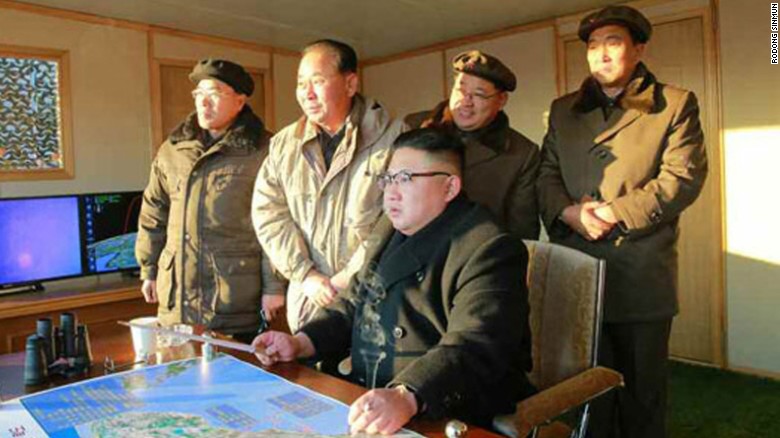The U.N. Security Council on Monday unanimously approved the harshest North Korea sanctions over the country’s ballistic and nuclear weapons programs.
Last week, the Council held an emergency meeting to discuss Pyongyang’s latest nuclear test, its sixth and most powerful to date. The claimed hydrogen bomb test caused a magnitude 6.1 earthquake.
U.S. Ambassador Nikki Haley had pushed for an oil embargo and the freezing of North Korean leader Kim Jong-un’s assets, but the sanctions resolution was reportedly watered down in an effort to gain support from Russia and China, who traditionally oppose such measures and could unilaterally veto any resolution.
The updated draft also scrapped a ban on North Korean workers abroad and the blacklisting of state-run airliner Air Koryo. Instead of an embargo on oil shipments to North Korea, it caps exports of refined petroleum at 2 million barrels a year and crude oil at around 550,000 tons, and bans natural gas liquids.
The sanctions are still set to target one North Korean official and Pyongyang’s textile industry.
It is the second round of U.N. sanctions in as many months. Last month, the Security Council announced new restrictions on North Korea’s coal, lead, iron and seafood exports in response to two intercontinental ballistics missile tests in July.
China voted in favor of the new measures and Beijing has begun to signal that it is taking sanctions seriously. Chinese petroleum exports have fallen significantly since April, with shipments dropping 75 percent through July compared to a year earlier.
South Korea’s Kyodo News reported over the weekend that a number of major Chinese banks have begun restricting North Korean bank accounts, possibly to avoid becoming subject to U.N. or U.S. sanctions. Bank of China, China Construction Bank and Agricultural Bank of China are also preventing North Koreans from opening new accounts.
The Financial Times reported that some banks were notified of the freeze on new accounts in January, while others were told last month.


